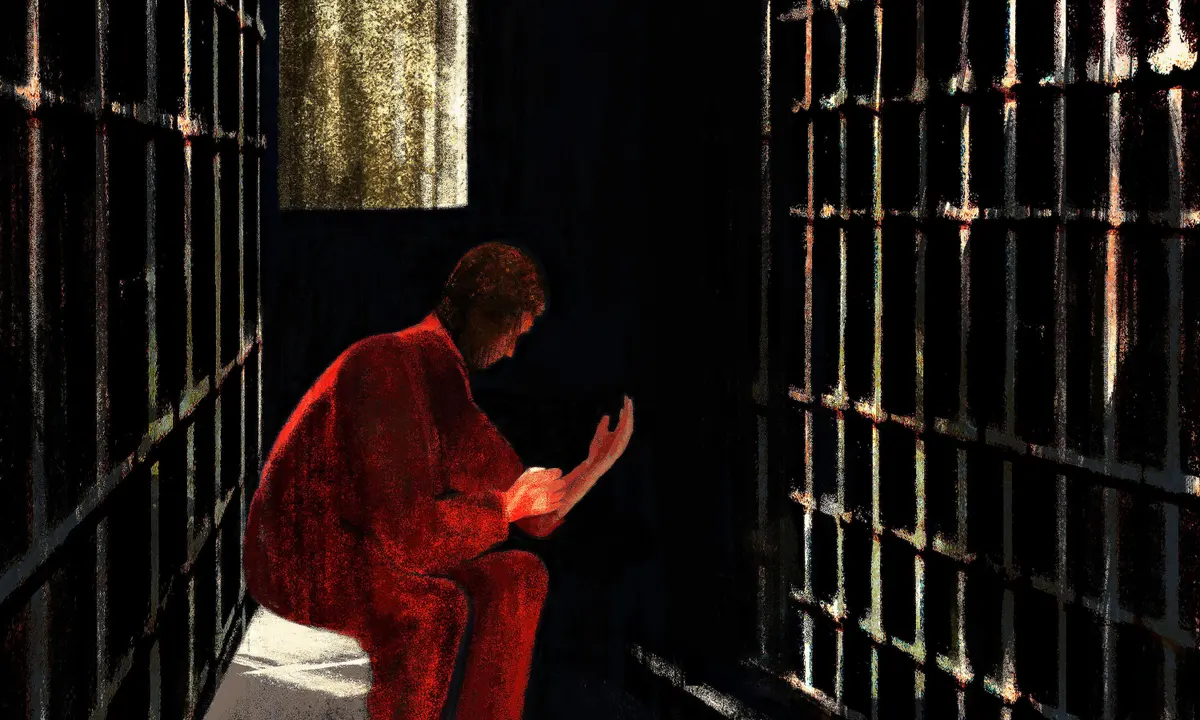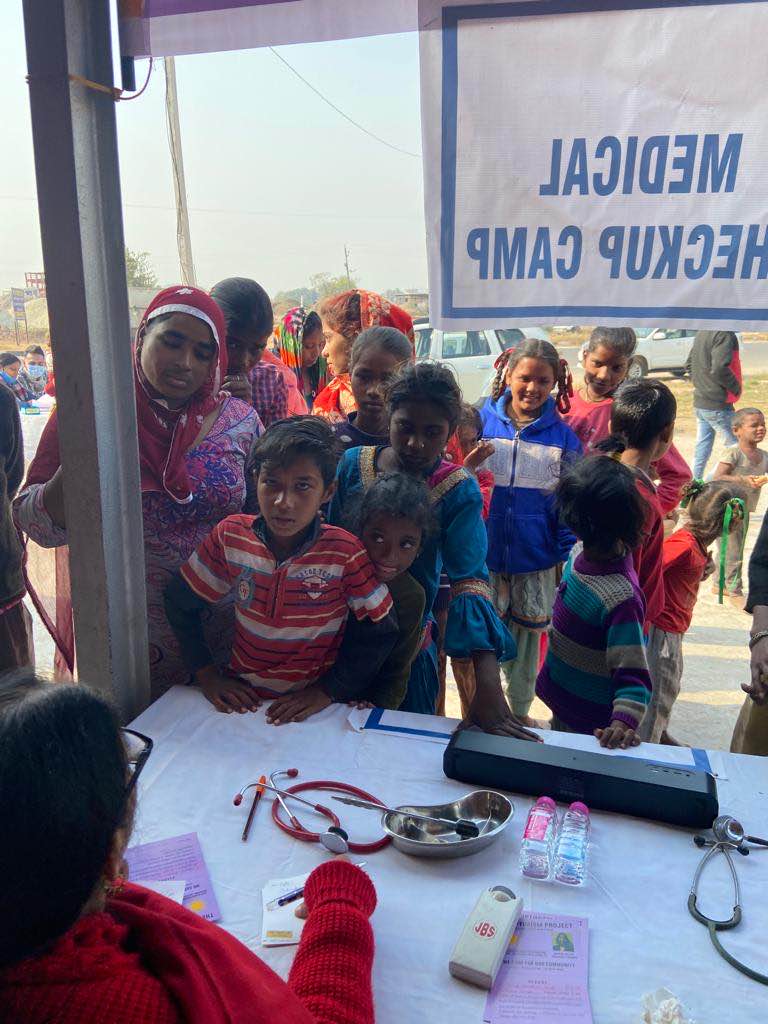Of the many hot–button issues in this day and age, the death penalty remains a relevant and controversial topic in modern society. The death penalty is given to offenders of serious crimes, most commonly issuing a lethal injection. Advocates of the death penalty argue that it can decrease crime rates and provide justice for victims and closure for their families. On the other end of the spectrum, opposers argue that the penalty only perpetuates a cycle of violence fails to address the true problem.
RHS Junior Hasmitha Kanugula believes that the death penalty is situational, claiming that, “What might be considered punishable here might not be punishable in another country. So in the end, it depends on the country’s consensus and what their morals and ethics are.” However, Kanugula’s opinion might be considered generous to some.
In Singapore, more than half of the population supports the idea of the death penalty, firmly believing that it is an effective policy to reduce drug trafficking. Singapore takes the death penalty very seriously, resuming state executions in March of last year. They have since hanged sixteen low to mid level drug offenders. In contrast, these offenders in the US and UK would receive relatively small punishments.
Nevertheless, Kanugula adds a compelling perspective that, “at the end of the day, every human makes mistakes. And no matter how extreme they are, it shouldn’t always result in death.” According to Kanugula, since the offenders in Singapore hadn’t committed a heinous or “extreme” crime they shouldn’t have received the death penalty. This prompts reflection on whether capital punishment should be reserved for only the most heinous crimes or if it is appropriate in cases like drug trafficking, where the severity of the punishment may be disproportionate to the offense.
“Frankly speaking, I think the death penalty is very inhumane and cruel to society. I think it is a very extreme form of punishing someone for a crime, society is full of mistakes, crimes, and many other penalties. But at the end of the day, every human makes mistakes. And no matter how extreme they are, it shouldn’t always result in death.”
When asked if death penalty serves as a form of closure for the victims’ families Kanugula emphasizes that “in the end, death penalty will only serve us closure only if context and the situation is analyzed from all perspectives”. ensuring that the decision to apply the death penalty underscores the importance of taking into account the full range of factors that may influence a case.
She also claimed that the death penalty offenders’ families “opinion should not be considered due to their biases. I understand you want representation but no matter how bad the crime is, if the criminal is someone’s loved one, no matter what that they’re doing, the majority chances are, they won’t want that person [to be sentenced to the] death penalty, even if they are a psychopath or someone who might have done extremely terrible things to society.” This raises the question of how to balance the interests of victims’ families seeking closure with the need for justice. Ultimately, her perspective highlights the complexity of navigating the emotional and ethical dimensions of capital punishment.
While Singapore’s resolute support for the death penalty is evident, a counter-argument from Hasmitha Kanugula suggests that the severity of capital punishment, even for non-violent offenses like drug trafficking, may be disproportionate and prompts deeper reflection on whether the penalty should be reserved exclusively for the most heinous crimes.
In the end, the death penalty remains a deeply divisive topic, with diverse and often conflicting viewpoints. The ongoing debate highlights the complexity of balancing the demands for justice, closure, and the preservation of human rights.





















